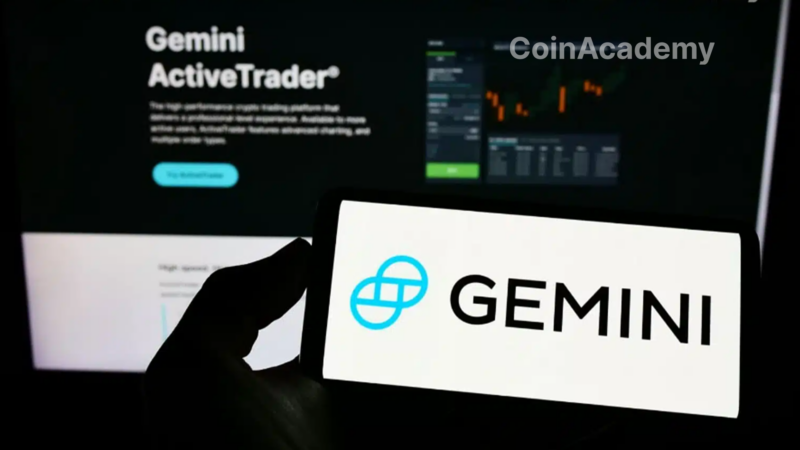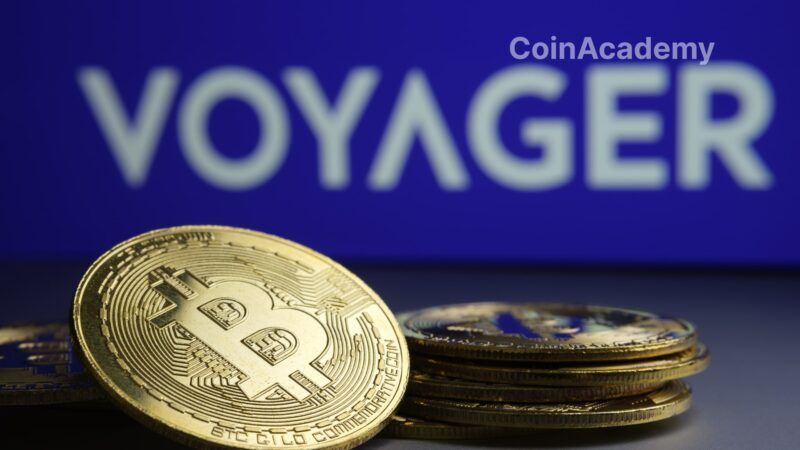In a context where governance token transactions are garnering increasing interest from investors and blockchain ecosystem players, the Optimism Foundation, at the helm of Ethereum’s layer 2 Optimism, recently announced a significant private sale of its OP tokens.
Strategic Private Sale of OP Tokens
The Optimism Foundation sold approximately 19.5 million of its OP governance tokens, valued at $4.62 on the market, representing a total value of around $90 million at the time of writing. This sale, although substantial in volume, comes with a two-year lock-up period during which the buyer is prohibited from selling the tokens.
Encouraged Participation in Governance
As this is a private sale, the conditions and identity of the buyer cannot be disclosed.
– Optimism Foundation
Despite this lock-up period, the Optimism Foundation emphasized that the buyer could delegate these tokens to unrelated third parties to participate in the governance of the platform. The organization clarified that the tokens came from an “unallocated portion of the OP token treasury,” which is part of the foundation’s initial operating budget and represents 30% of the initial supply of OP tokens.
The foundation informed the community that the OP tokens would be transferred in multiple transactions in the coming days, ensuring that these movements were planned, referring to the private sale.
However, the lack of details about the sale and the identity of the buyer has sparked debates within the community, with some expressing their discontent with this lack of transparency, while others support the need for the Optimism team to fund its activities.
It is important to note that this is not the first time Optimism has conducted a private sale of its tokens. In September 2023, the network transferred 116 million OP tokens, valued at $160 million at the time, following an OTC sale. This operation had also raised concerns about its potential impact on prices, but the tokens were subject to a two-year lock-up period, thereby minimizing their immediate influence on the market.




